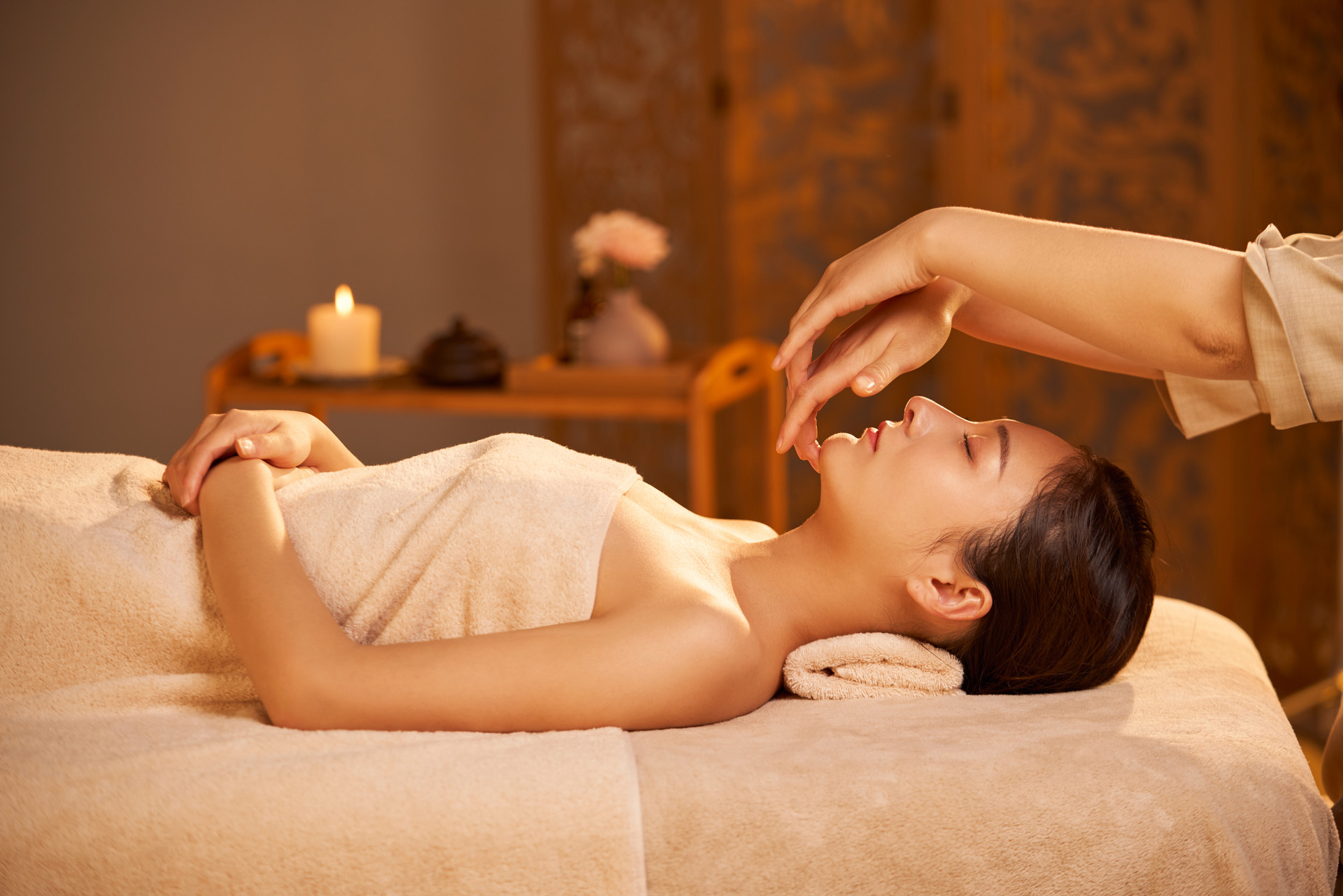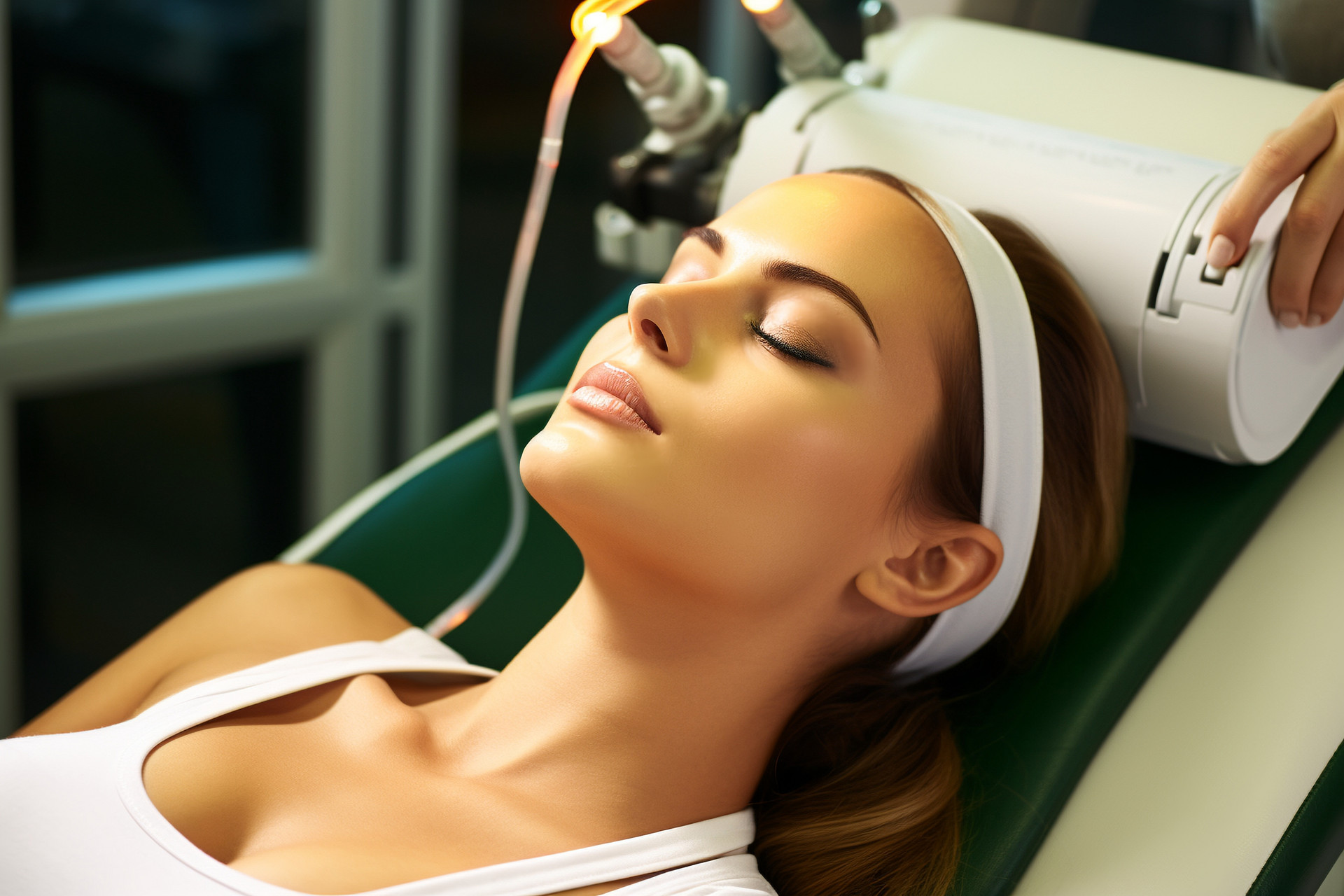
For many people, teeth cleaning is a fairly unfamiliar concept because most people do not pay much attention to dental health on a daily basis. They only think of seeing a dentist when their teeth start to hurt. Therefore, there have always been many misconceptions about teeth cleaning. So what are the specific misconceptions about teeth cleaning?
Can teeth cleaning whiten teeth?
Strictly speaking, teeth cleaning is not a cosmetic procedure. Teeth cleaning is like regular maintenance for a car, it is a process of maintaining oral health of the teeth and gums.
Many people have this doubt: Do I need teeth cleaning if I brush my teeth carefully every day? The answer is yes. Brushing and teeth cleaning cannot replace each other. It is difficult to thoroughly clean the teeth in the gaps between them, which is a place where food and plaque can easily accumulate.
In addition, new plaque can form on the teeth within a few hours after thorough brushing. If there is plaque or tartar on the surface of the teeth and it is not removed in a timely manner, it can cause gum inflammation, periodontitis, and other diseases, affecting digestion and overall health.
Teeth cleaning uses methods such as ultrasonic cleaning to timely remove plaque and tartar from the oral cavity. It is one of the main methods to prevent periodontal disease. Teeth cleaning is usually done every six months to one year. In developed countries, it has become a habit of life for people.
The main purpose of teeth cleaning is to achieve cleanliness. Of course, clean teeth will appear whiter. But it should be noted that teeth cleaning can remove coffee stains, tea stains, tobacco stains, and accumulated tartar on the surface of the teeth, but it cannot improve the internal discoloration of the teeth, such as tetracycline teeth, fluorosis, etc.
What are the misconceptions about teeth cleaning?
1. Teeth cleaning will erode tooth enamel and damage teeth
Many people think that teeth cleaning will erode the tooth enamel on the surface of the teeth. In fact, teeth cleaning does not cause any harm to the tooth enamel. Only minor scratches can be observed under a microscope. Moreover, after teeth cleaning, the teeth are polished to treat any slight roughness, reducing pigmentation and tartar buildup.
The principle of teeth cleaning is to use high-frequency vibrations of ultrasonic or air-driven sound waves to break down tartar or remove stains on the surface of the teeth, without causing damage to the teeth. Furthermore, after teeth cleaning, a protective film can be applied to the outside of the teeth through polishing or sandblasting, which slows down the rate of tartar accumulation.
2. Teeth cleaning is unnecessary
Teeth cleaning only serves a cleaning purpose. When we brush our teeth, we cannot clean them thoroughly. Teeth cleaning restores the original luster of the teeth and cleans off stains, tartar, and plaque attached to the teeth. Therefore, many people believe that teeth cleaning can whiten their teeth, but this is not the case. Teeth cleaning only restores the original appearance of the teeth.
Teeth cleaning is completely different from normal cleaning of surface dirt on teeth. It can thoroughly remove plaque, tartar, and pigments deposited on the surface of the teeth that cannot be removed by regular brushing, thus keeping periodontal tissues healthy and preventing periodontal disease.
3. Teeth become sensitive and gaps widen after teeth cleaning
This misconception is also very common. Some people may notice that their gaps between teeth have widened after teeth cleaning and think that this is caused by teeth cleaning, making them reluctant to do it again in the future.
In fact, this gap is not caused by teeth cleaning, but rather that you already had larger gaps between your teeth. Teeth cleaning simply washes away the tartar inside the gaps, making it appear as if there are larger gaps.
As for discomfort after teeth cleaning, it is mostly temporary and some people with sensitive gums may feel a slight stinging sensation, but it will recover within a short period of time, so there is no need to worry.
Who is not suitable for teeth cleaning?
1. People with bleeding disorders
Such as patients with thrombocytopenia, leukemia, these patients have poor blood coagulation mechanism and are more likely to have excessive bleeding after teeth cleaning. Untreated type 2 diabetes patients can easily cause local infection in the oral cavity after teeth cleaning. For such patients, anticoagulant drugs should be used in advance to control the coagulation speed to prevent excessive bleeding and infection during teeth cleaning.
2. People with unstable angina
Due to the stimulation of ultrasonic waves and discomfort during teeth cleaning, the condition may worsen. It is not suitable for people with artificial pacemakers to undergo ultrasonic teeth cleaning.
3. People with malignant tumors in the gum area
They should not receive routine teeth cleaning to avoid local spread of the tumor.
4. Patients with acute inflammation in the oral soft and hard tissues
Teeth cleaning should be postponed until after the acute phase to avoid aggravating local inflammation or spreading through the bloodstream.
5. People with acute infectious diseases
Such as patients in the active phase of acute hepatitis, tuberculosis, etc., these people should wait until the disease stabilizes before going to the hospital for teeth cleaning. The dentist should be informed about the condition during teeth cleaning. The dentist should take necessary precautions and strictly disinfect or discard the instruments used. This is not only because of their own condition but also to prevent transmission to others.






